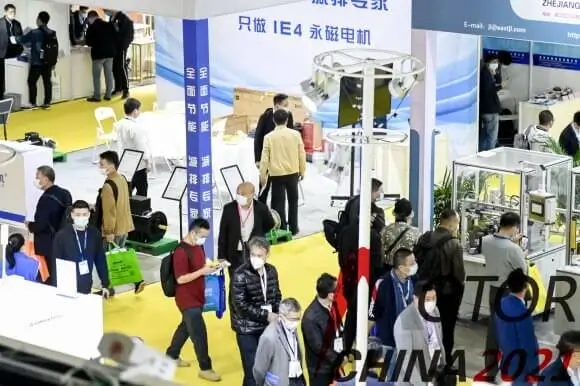When thinking about building modern software, two buzzwords often rise to the top: modular architecture and microservices. But what really separates them? Let’s unpack this in a way that feels like a chat over coffee rather than a dry lecture.

Imagine you’re organizing your closet. Modular architecture is like having distinct compartments or shelves for different types of clothes—shirts, pants, shoes. Everything has its place, yet the closet remains one whole unit. It’s easy to adjust one section without disturbing the rest, like swapping out a shelf or adding a new drawer. That’s the core idea—structured, but still connected. It keeps things neat, manageable, and adaptable.
Now, microservices? Think of that as turning your closet into a tiny apartment complex—each apartment is a little independent unit, with its own door, utilities, and management. They interact, but each can be altered, upgraded, or even shut down without throwing the whole building into chaos. It’s a more granular approach; each microservice is focused on a specific function, like handling payments or user profiles. You can tweak one without worrying about knocking down the whole block.
Sometimes, companies ask: “Do I need both?” It’s a valid question. If your project is relatively simple, a modular setup might do the trick—less overhead, easier to develop and manage. But when you grow, projects become more complex, and microservices start to shine. They offer more flexibility for scaling, deploying updates, and pinpointing problems.
It’s also worth asking: “Can I combine them?” Absolutely. Think of a large house with modular rooms, each room with its own micro environment. Modular architecture gives you the basic skeleton, and microservices add granular detail to certain parts. Sometimes, you want a sturdy framework with some micro-level independence—especially in big, evolving systems.
Some companies wonder if microservices are overkill. Well, imagine trying to perform surgery with a hammer instead of precision tools—you might get the job done, but the risk of messes and mistakes jumps. Microservices require discipline: careful planning, solid infrastructure, and ongoing management. But the payoff? The ability to roll out updates faster, troubleshoot efficiently, and handle user demand like a boss.
The beauty of this discussion is that architecture isn't about rigid rules. It’s about what fits your needs today and scales for tomorrow. Modular architecture might be your starting point, keeping things elegant and straightforward. As you expand, microservices can be layered in, giving you that extra kick of agility.
So, what’s the takeaway? Think of your system as a living thing. Start simple, keep things organized. When the time feels right—when you’re ready to scale or diversify—microservices can elevate that structure to new heights. Building software isn’t just about tech; it’s about crafting something that grows, adapts, and serves your purpose.
And that’s where KPOWER steps in—tailored solutions that understand the ins and outs of modular architecture and microservices, ready to support your next move. Just imagine the possibilities when the architecture matches your vision perfectly.
Established in 2005, Kpower has been dedicated to a professional compact motion unit manufacturer, headquartered in Dongguan, Guangdong Province, China. Leveraging innovations in modular drive technology, Kpower integrates high-performance motors, precision reducers, and multi-protocol control systems to provide efficient and customized smart drive system solutions. Kpower has delivered professional drive system solutions to over 500 enterprise clients globally with products covering various fields such as Smart Home Systems, Automatic Electronics, Robotics, Precision Agriculture, Drones, and Industrial Automation.




































